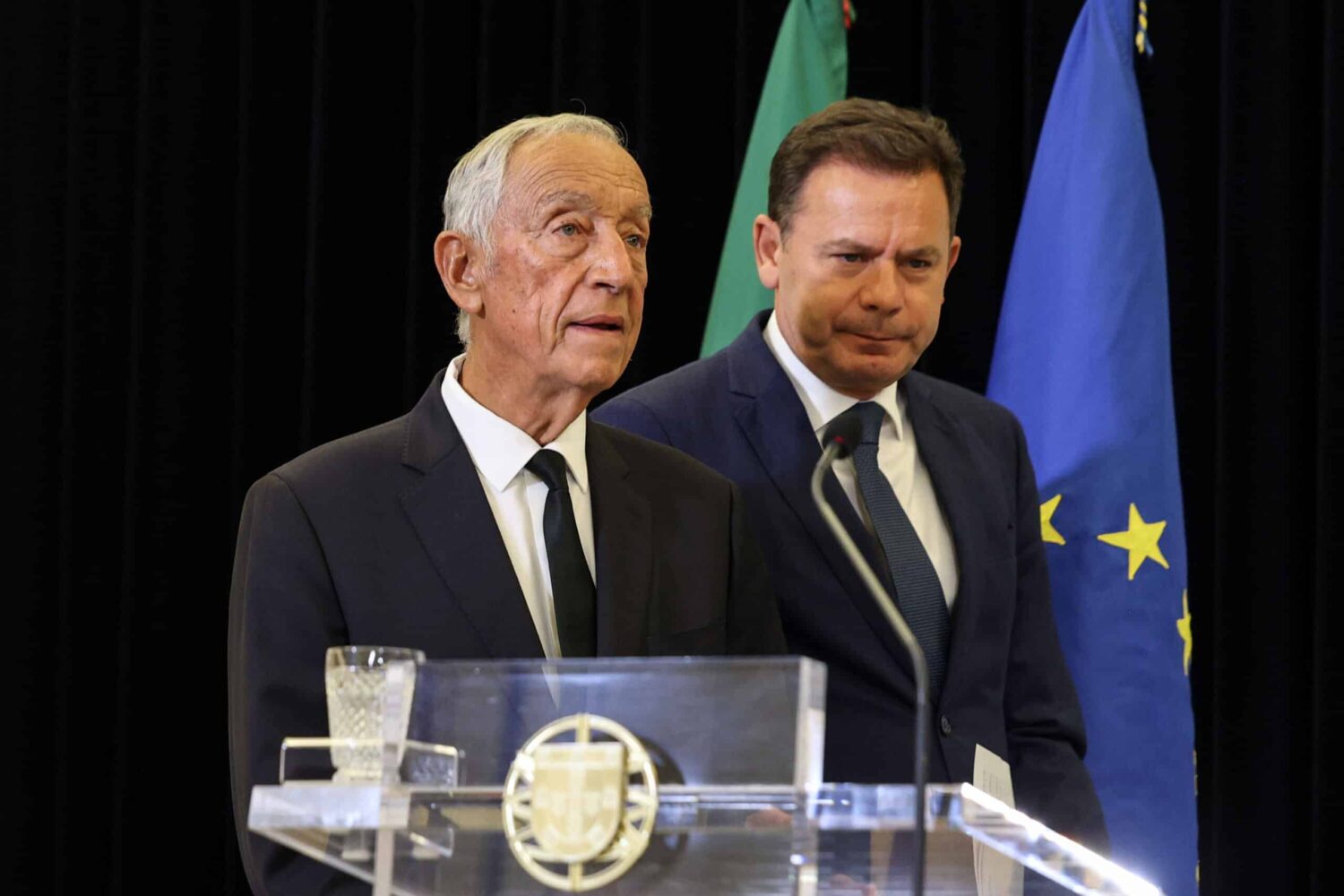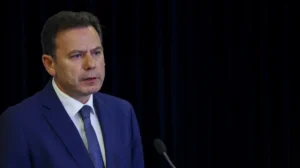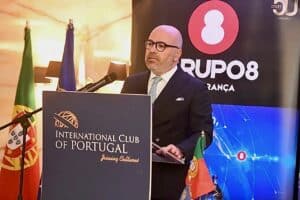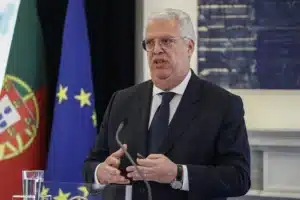Less than 14 days left for government to come up with budget parties accept
“The President of the Republic has decided. If the 2025 State Budget is vetoed, there will be early elections.” The quote came in an ‘exclusive’ last week, and was credited to a source in Belém Palace (the president’s official residence).
It goes directly against what had been suggested in the recent past by ‘insiders’, indeed even by Marcelo himself. Why?
According to reports, Marcelo is worried about “a potential disaster” if the budget doesn’t pass: ratings agencies could reduce Portugal’s investment standing; European funding regarding payments under the PRR (plan for recovery and resilience) “could be even more delayed” – all “at a time of looming instability due to the uncertainty of the result of the American elections”.
For this reason, if the minority AD government, PS Socialists and right-wing CHEGA (the country’s three leading parties) do not come to an agreement over the budget, the Portuguese will be faced with the prospect of a third round of legislative elections in just three years.
As political commentator Luís Marques Mendes said in his latest appearances on SIC’s “Jornal da Noite”, this would be “completely ridiculous”. It would see the country in 2025 facing three different election campaigns: legislative, municipal and finally presidential. “It would be too much – exactly what the country does not need,” he said.
This appears to be the crux of this new ultimatum from President Marcelo: he is betting on political parties ‘coming to their senses’, say commentators, and thinking of the country instead of themselves.
The decision will have been prompted by the dismal results of the government’s two meetings with opposition parties to try and reach some kind of understanding over the various measures: PS Socialists have been digging in their heels over AD’s taxation plans (both to relieve businesses and young people), while CHEGA has been digging its heels in over a number of issues (they keep changing).
As Correio da Manhã’s deputy director general Eduardo Dâmaso explains, “the discussion over the State Budget has not been serious. It has transformed into a boxing match of egos served by a myriad of megaphones (…) In the middle of the cacophony, Marcelo has chosen the path of good sense. He is asking that (politicians) look at the country rather than the catastrophic, narcissistic thesis of the social democrats, Socialists and CHEGA. At a point where the world wobbles in Ukraine, America and the Middle East, there is nothing else to say (…) Delay in the execution of the PRR is not an option. The message from Marcelo to (political leaders) could not be clearer: stop playing games and come to an agreement. Do what you like with your electoral shopping lists but think of the country”.
With popular papers clearly supporting the president’s line (Dâmaso continues with strongly worded comment pieces alluding to political game-playing), parties have suddenly started changing tack.
Over the weekend, there was what some have said was a childish display of pique, involving the PM sending out a statement accusing his Socialist counterpart Pedro Nuno Santos of ‘never being available to negotiate’, and the latter declaring it was all rubbish. Then, as if both had been sent into a corner to reconsider their attitudes, the news came that a date had been set for talks on the budget: Friday, at 3pm.
Meantime, the PM has been in ‘discreet talks’ with leaders of the right-wing parties (with whom he and AD should have been in better communication by now, by dint of their similar values).
But the months of game-playing, pique and posturing have taken their toll: the Socialists supported by right wing CHEGA ‘won’ early this year over the abolition of tolls on former SCUT highways (which will cost the country dearly in terms of compensation that will now need to be paid to motorway concession holders).
As a result, at least two of AD’s ‘election promises’ look likely to fall, or at least be dramatically reduced: reductions in IRC (business) taxes, and the concept of IRS Jovem – a plan designed to discourage the young from emigrating by reducing the amount of income tax they need to pay.
PS Socialists, for their own reasons, have been against both from the outset; CHEGA supports them, but the party’s frustrations at not being ‘welcomed’ by AD post-elections (to create a right-wing majority) have seen it lashing out in every direction.
On Monday, CHEGA leader André Ventura accused the government of ‘wanting to provoke elections in order to avoid negotiating with the opposition’. In Ventura’s mind, AD is banking on coming out of a new round of legislative elections “strong enough” in order not to have to rely on approval/haggling with its adversaries – while PS Socialists are no better.
“CHEGA is out of this show,” he said (without conceding that he had just been with the prime minister to discuss his party’s position and how CHEGA could accept voting for the State Budget …)
CHEGA is not afraid to go to the polls again, he stressed – even though Luís Marques Mendes has predicted that another round of elections could see CHEGA lose anything between 15-20 seats.
Echoing the message from President Marcelo, Ventura told reporters: “Regardless of who benefits or is harmed by (elections) – and even if our party is harmed – (they) will be bad for Portugal. And I think political leaders should have taken that into account a few months ago.”
What might be behind the lack of apparent interest in reaching consensus is the fact that in the long-distant past (we’re talking 1986…), a PSD prime minister of a minority government ‘took the gamble of early elections’ and won a sizable majority. AD might be ‘thinking about this’, say commentators, and believing it could be possible again.
But 1986 was light years away from the situation that Portugal is in today, stresses Eduardo Dâmaso. “They won’t get there,” he guarantees: “Polls show another tie between the PS and PSD” … so, the country would emerge from a new round of elections in exactly the same mess – or rather, even worse, as precious time, and EU funding, will have been wasted.
Thus, Marcelo is pulling the strings: Portugal’s warring parties have to reach agreement in time for the budget’s first reading on October 10 – or the rest of the country is in for a(nother) uncomfortably bouncy ride, and citizens’ trust in the worth of politicians will take a new battering.
By NATASHA DONN


























